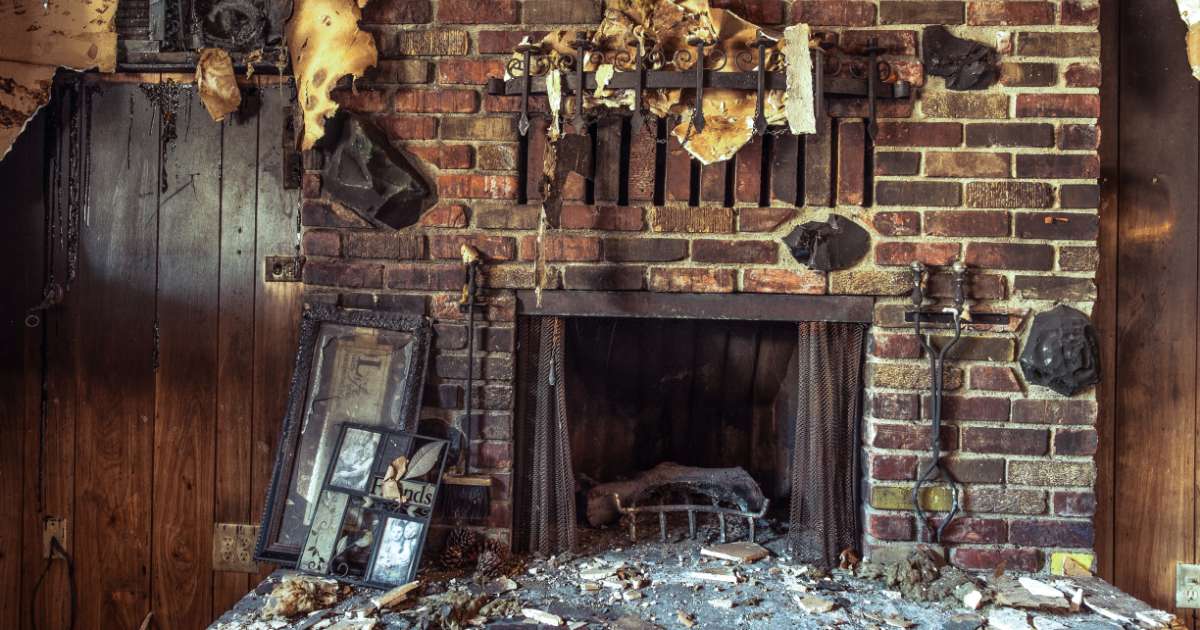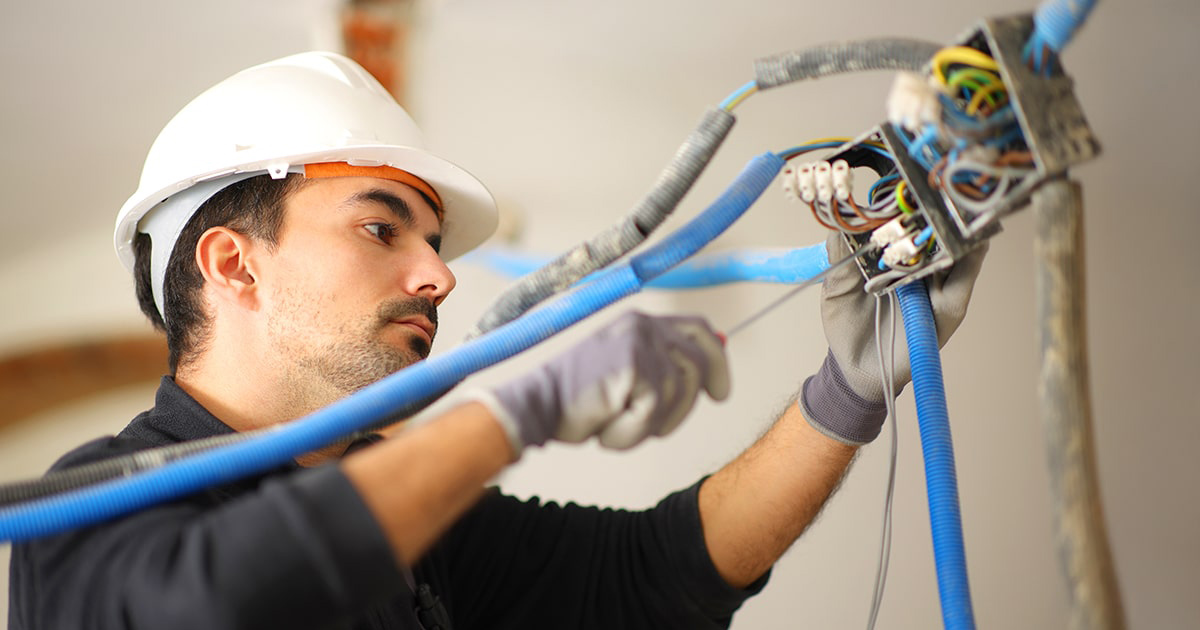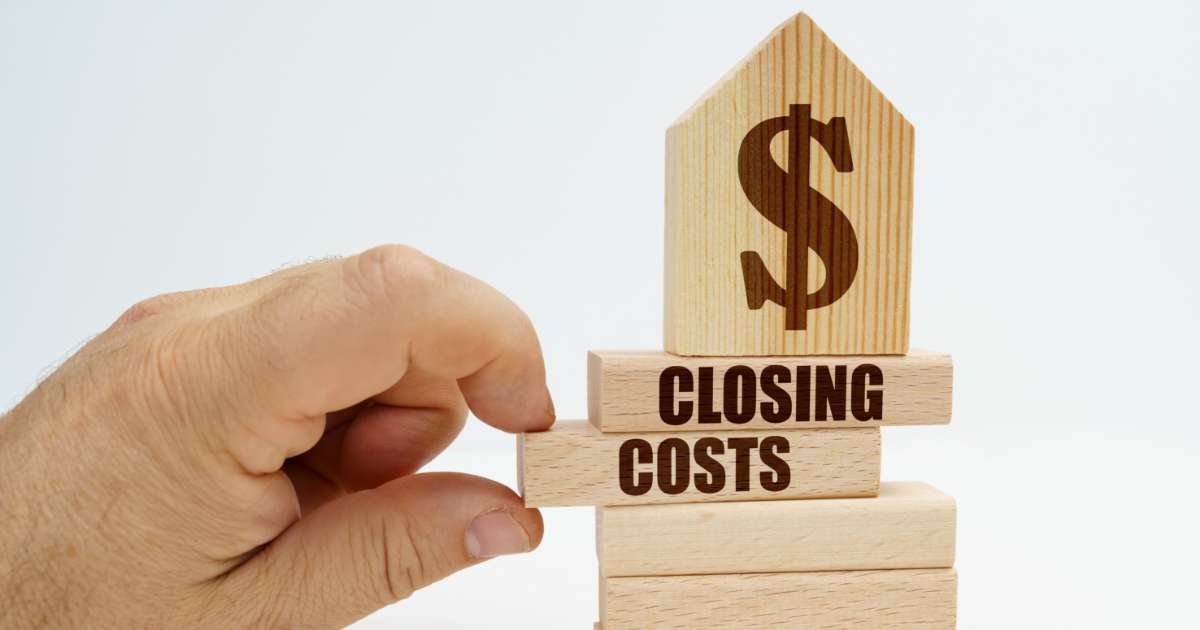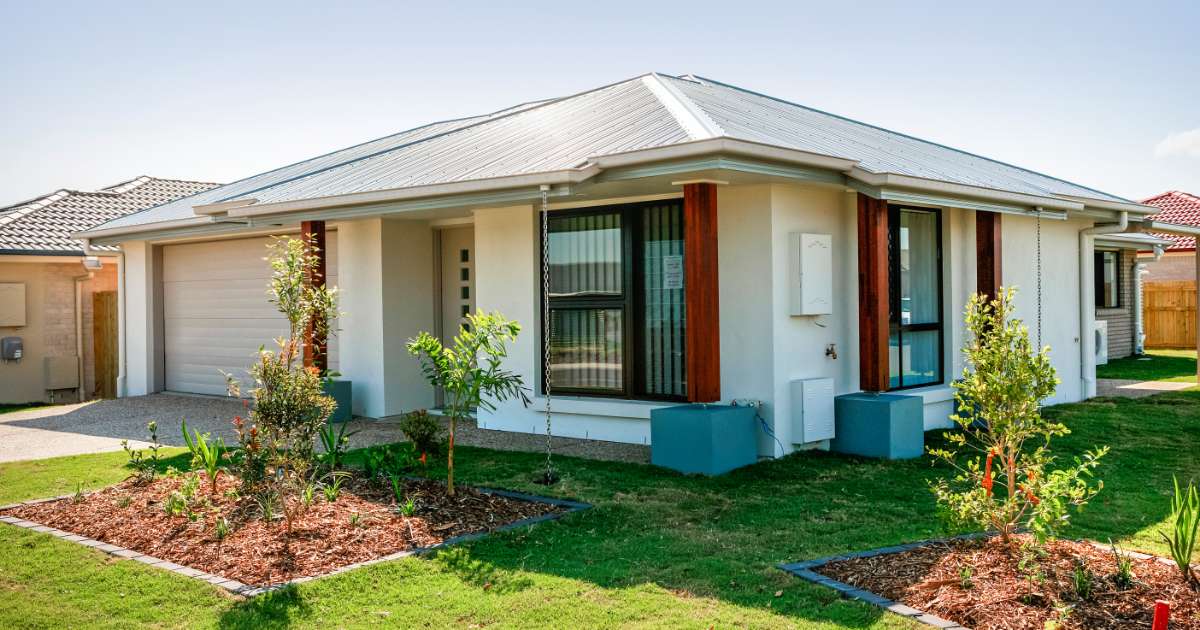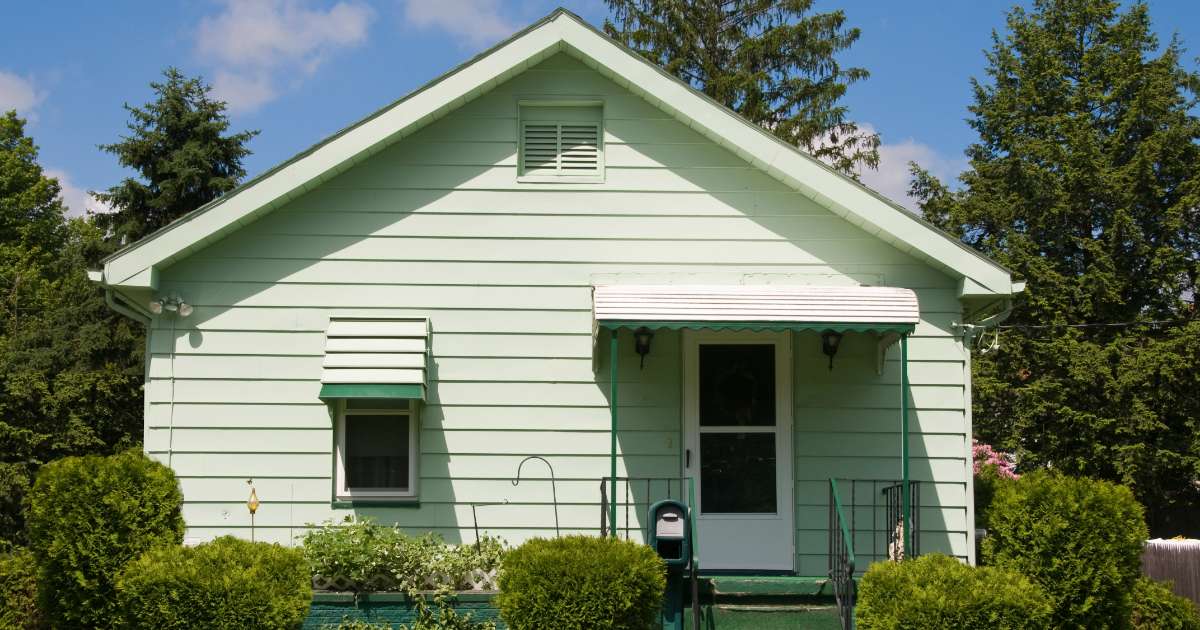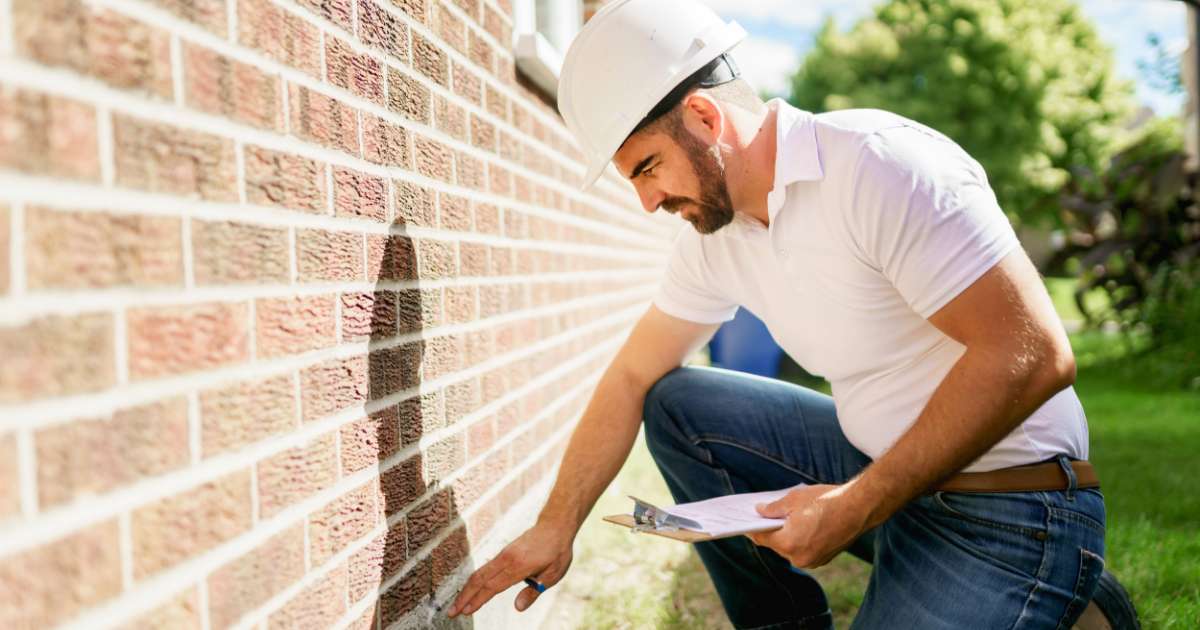When you’re selling a house in the Denver area, understanding the value of your property is a must. It can make the difference between a fast, profitable sale and a listing that sits on the market for weeks or months.
Here’s why understanding your house’s value matters, plus some approaches you can take to make sure the selling price is right.
Why knowing your house’s value is important for planning a sale
Properly calculating home value has several advantages. First, it helps you price your house, which should attract the right buyers to your listing and cut down the amount of time your house is on the market. It should also make it less likely that you will have to reduce your sales price later.
By knowing the value of your house, you can:
- Price competitively to attract more Denver buyers.
- Avoid unplanned price changes.
- Make smart decisions about repairs or renovations before putting your house on the market.
Factors that affect home value in Denver
Several key factors impact the value of houses in Denver. These include:
- Location: Being near highly ranked schools, popular green spaces like Washington Park, and other local amenities can do a lot to increase a property’s value. Houses in desirable neighborhoods with strong buyer demand tend to sell for more.
- State and age of the house: The age and condition of your property shape valuation. New construction and well-maintained older homes usually do better on the market.
- Recent renovations or improvements: Updated kitchens and bathrooms, as well as amenities like finished basements and energy efficient features, can increase home values in Denver.
- Market trends and demand: Real estate market cycles affect pricing. In a seller’s market, demand is greater than supply, which means there may be more competition for your house. In a buyer’s market, potential buyers can be fewer in number, which means that sellers may have to offer lower prices.
- Size and layout: Larger houses typically have higher values, especially if they offer desirable layouts and features.
- Comparable homes in the area (comps): Recently sold homes in your neighborhood that are similar in size, style, and condition can give you a model for determining your house’s market value.

Types of home valuation
Different valuation methods offer varying levels of accuracy and importance when you’re selling a Denver house. Here are the main types of valuations you should consider:
- Appraised value: A professional appraiser evaluates your house’s worth based on factors like size, location, and neighborhood comps. This valuation is commonly used in the home-selling process, especially if a buyer is using financing.
- Market value via comparative market analysis (CMA): CMAs identify market value by comparing your house with similar homes sold in the last six months. They look at houses of similar size, type, and location, typically adjusting the number based on 250-square-foot intervals. These are commonly used by real estate agents.
- Assessed value: This value, determined by local government assessors, is used for property tax calculations. This figure is usually lower than market value and isn’t suitable for setting a listing price.
How to find out your Denver home's value before selling
There are several ways to assess your house’s worth in Denver before you list. Here’s a breakdown of the most common go-to methods:
- Online home valuation tools: Online calculators are good for getting an approximate estimate of home value. These tools don’t account for specific property features or recent upgrades and probably shouldn’t be considered the final word on your sale price.
- FHFA House Price Index (HPI) calculator: This house price index tool calculates home value changes over time based on average appreciation rates in your state. The FHFA HPI calculator doesn’t factor in things like home condition and amenities. The HPI calculator also averages data from the entire Denver-Aurora-Lakewood area and may not fully reflect conditions in your neighborhood or community.
- Hiring a professional appraiser: An appraiser provides an expert, detailed valuation by considering your house’s size, condition, location, and comparable local sales. A professional appraisal can be considered very trustworthy.
- Comparative market analysis (CMA): A CMA, usually conducted by a real estate agent, compares your house to recently sold properties that are similar in size, layout, and location. While not as official as a professional appraisal, CMAs can be a good way to find out your property’s value.
- Using a real estate agent’s expertise: Local real estate agents can have first-hand knowledge and insider insights that can add context to tools like home appraisals and CMAs.
When to consider a professional appraisal
A professional appraisal can be very helpful in certain situations. If your property has unique features or the market is uncertain, an appraisal might be worth your time. According to Angi.com, the average home appraisal runs around $350.
Common mistakes to avoid when valuing your house
- Relying on automated tools too much: Online calculators can be inaccurate and shouldn’t be your sole basis for deriving home value.
- Not factoring in market conditions: Always consider whether it’s a buyer’s or seller’s market, and price your house accordingly.
- Not considering home improvements: Failing to factor in past upgrades can lead you to undervalue your property, while not taking care of necessary repairs and maintenance can lead you to set too high of a price.
- Overlooking your house’s unique features: Special characteristics like solar panels, hot tubs, and high-end appliances can add value if marketed correctly.
We Buy Ugly Houses® buys many kinds of properties in Denver.
If your house’s value doesn’t live up to expectations, or if you’re simply looking for a quick, no-hassle closing, get in touch with We Buy Ugly Houses. We buy houses in Denver and the surrounding area and consider anything from turnkey townhomes to rental properties that need a lot of extra work. We buy houses “as is,” which means you don’t have to do a thing to make a successful sale.
Get in touch with us today!

